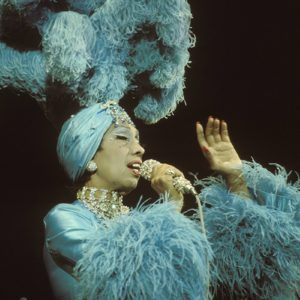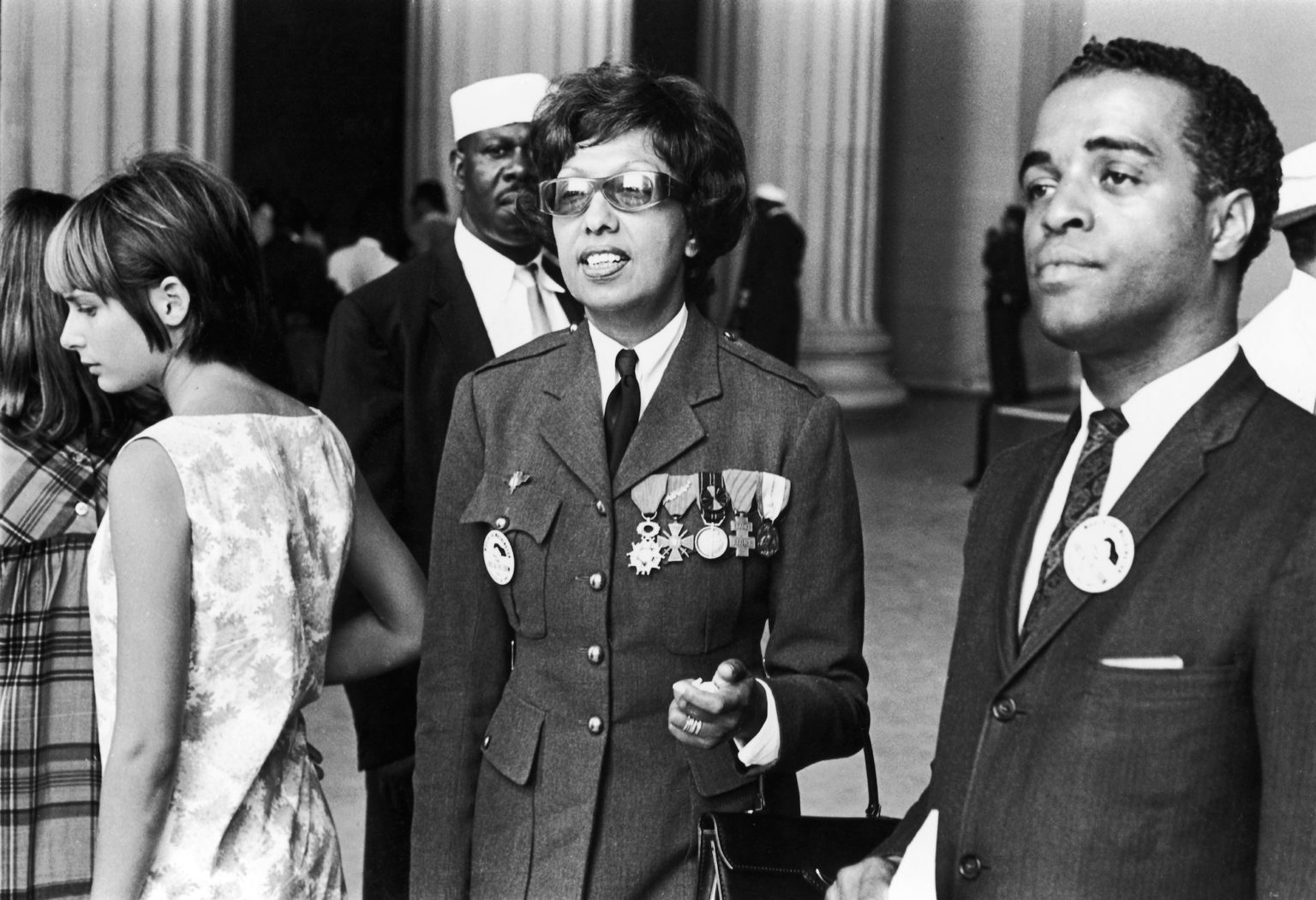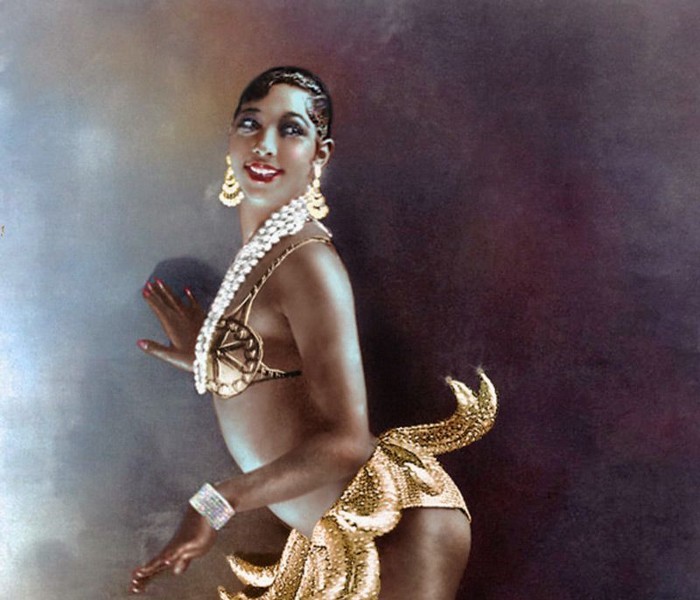
Josephine Baker (June 3, 1906 – April 12, 1975) will be the first Black woman interred in the Paris Panthéon.
On November 30, the government of France will be paying an extraordinary tribute to the memory of Josephine Baker, whose remains will be transported from the Principality of Monaco to Paris and reinterred in the Paris Pantheon, final resting place of some of the nation’s greatest heroes, like Voltaire, Victor Hugo, and Marie Curie.
And between those two extremes there will be lots of folks who are acquainted with the legendary internationally famed 20th century African American entertainer—dancer, singer, and movie star, whose stunning success and popularity in Paris led her to become a French citizen, and more than just a celebrity. She would also become a daring and courageous heroine of World War II in France’s Resistance against Nazi occupation, winning the nation’s highest honors, and an outspoken advocate of global Equal Human Rights and anti-colonialism after the war’s end.
Never forgetting her roots in America as an impoverished child born in St. Louis, surviving as a “street dancer” to help her family, and who at age 11 traumatically witnessed the smoke and flames of the 1917 East St. Louis racist massacre across the Mississippi River, she was also a particularly strong voice of the Civil Rights movement, both from across the ocean and in her visits to the U.S. Most notably, she was one of only two women (with Daisy Bates), who spoke at the 1963 March on Washington, wearing her French military uniform and medals, just before Dr. Martin Luther King Jr. delivered his iconic “I Have a Dream” speech.

Legendary entertainer Josephine Baker, a French expatriate born in Missouri, shows her support for American civil rights at the March on Washington on August 28, 1963. (Norman L. Hunter/Ebony Collection)
Josephine Baker would also gain fame in France and internationally for adopting twelve children from different parts of the world, whom she called her “Rainbow Tribe,” not only to provide each one with a life of caring and promise, but also to prove that people from everywhere are capable of living together as brothers and sisters.
A public square in Paris honors the memory of Josephine Baker, identifying her as a Music-Hall artist, a sub-lieutenant of the Free French forces (against Nazi occupation, and a philanthropist.
To learn more, even though but a fraction of a truly remarkable life, please see the links below.
Josephine Baker: The First Black Superstar, BBC Wales.
Josephine Baker | Living in St. Louis, Nine PBS.



